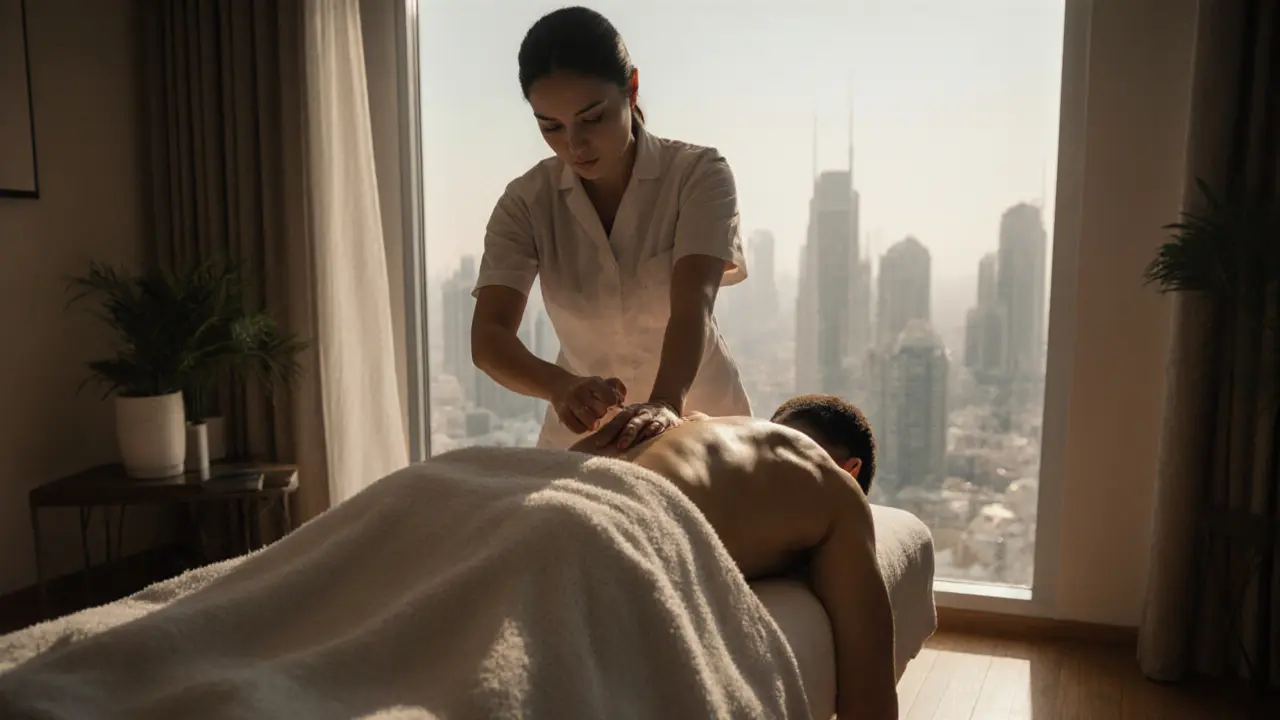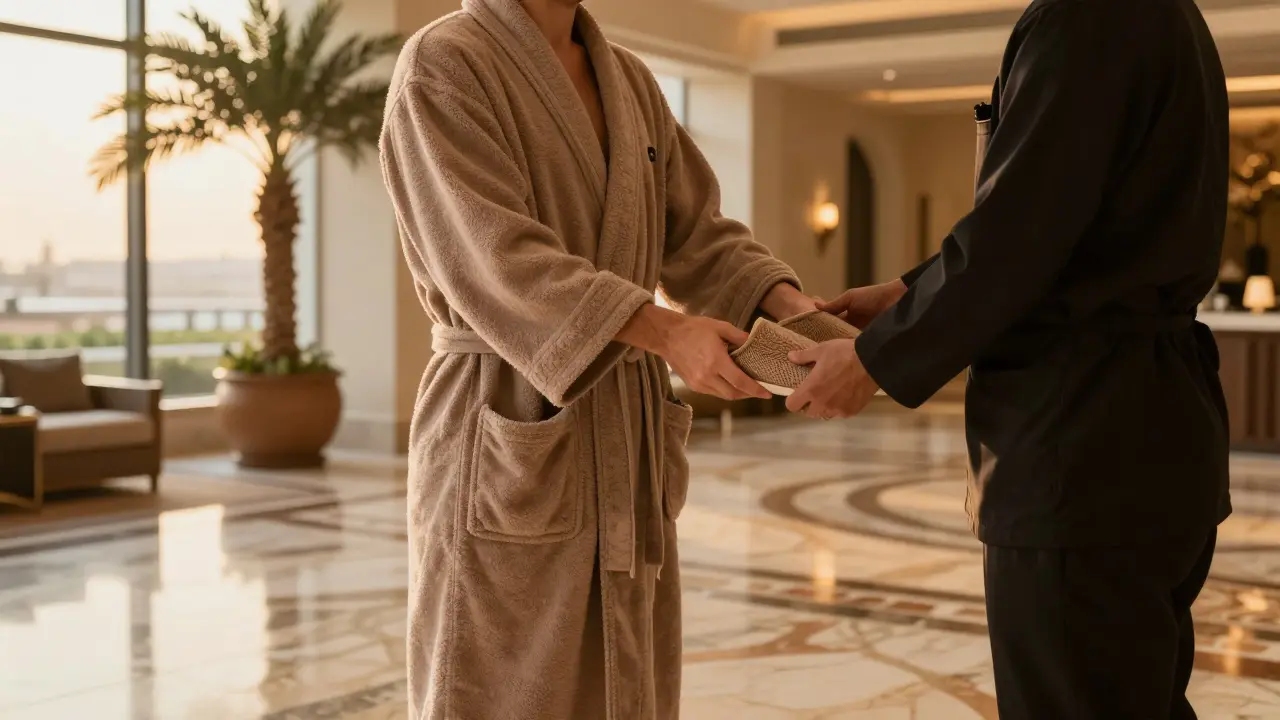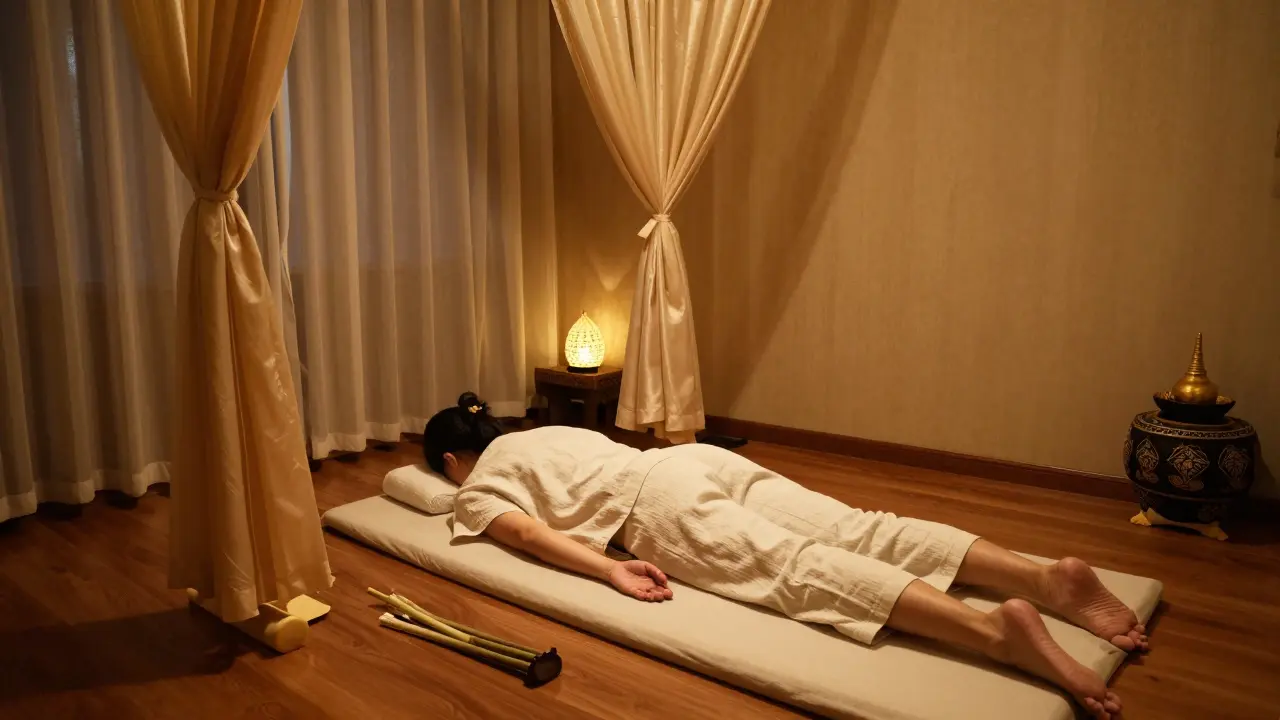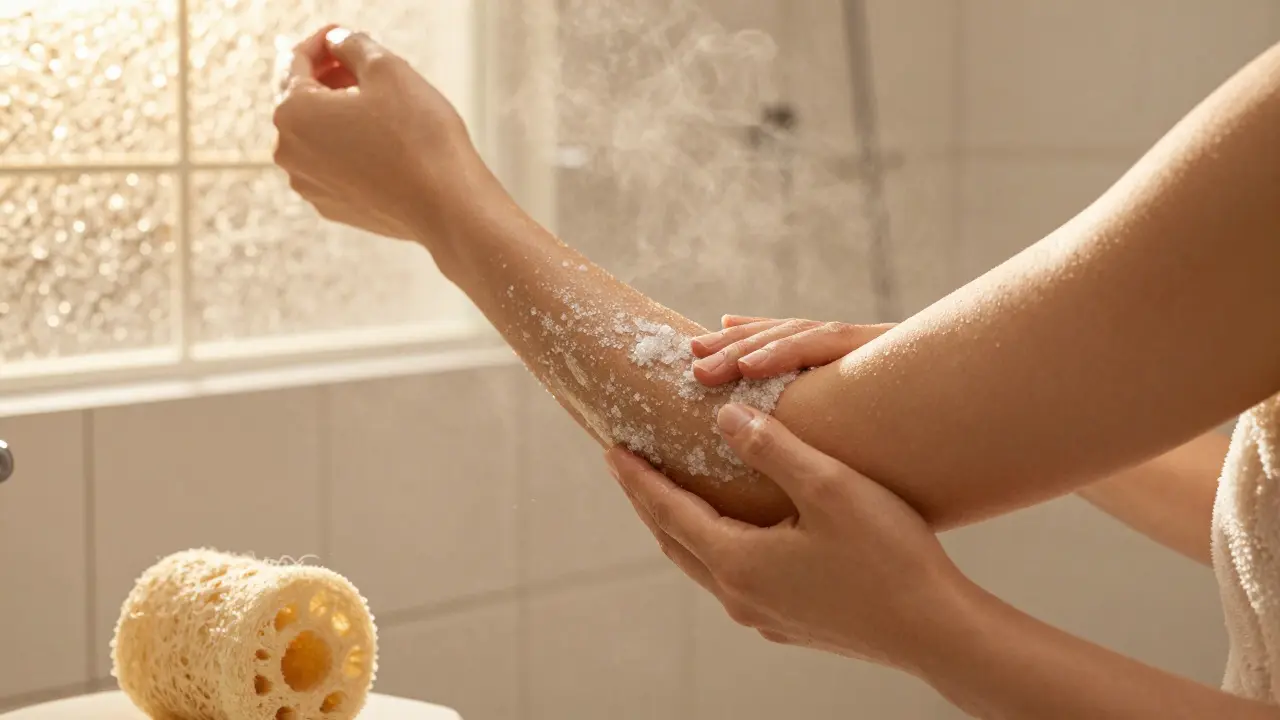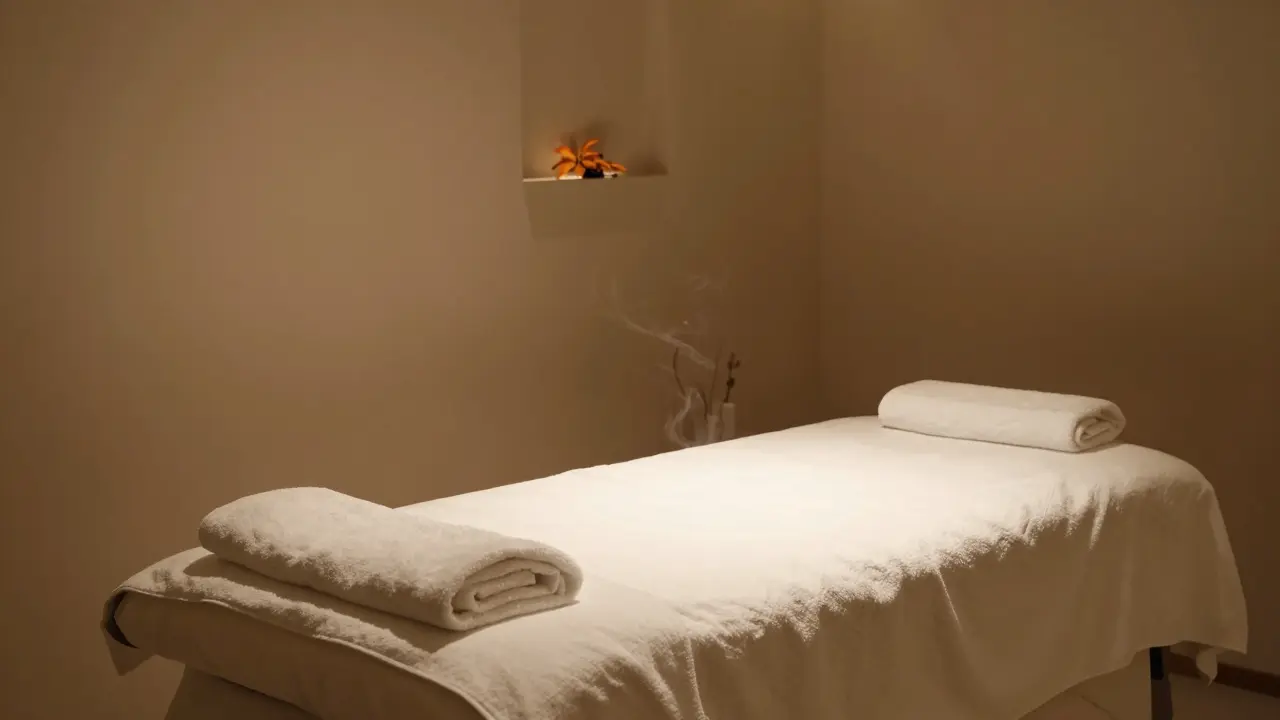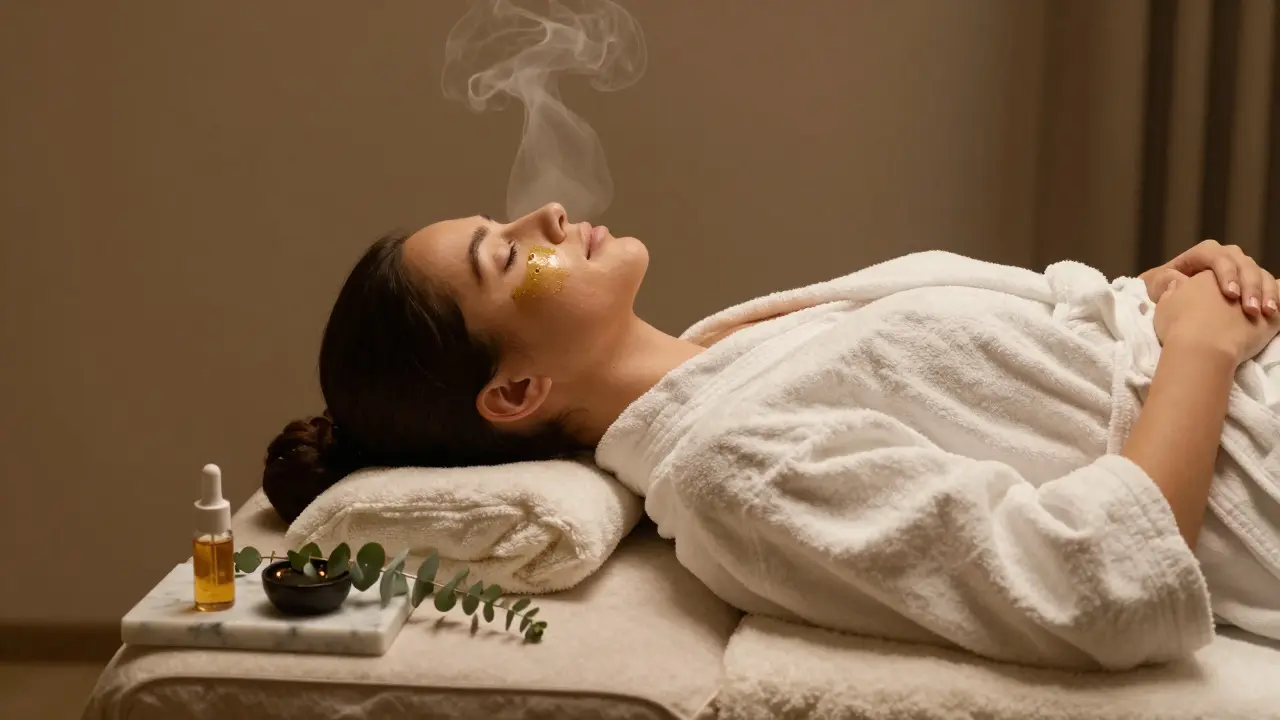Who Should Avoid Massage? Key Risks and Safety Tips
When it comes to massage, a therapeutic technique using pressure, kneading, and stretching to relieve tension and improve circulation. Also known as manual therapy, it’s a go-to for stress relief, muscle recovery, and relaxation—especially in Dubai’s wellness-focused culture. But massage isn’t safe for everyone. Some health conditions make it risky, even dangerous.
People with blood clots, a medical condition where blood thickens and forms dangerous blocks in veins or arteries should never get a massage. Deep pressure can dislodge a clot, sending it to the lungs or brain—this isn’t a myth, it’s a life-threatening risk. Same goes for those with recent fractures, broken bones still healing. Even a gentle touch can delay recovery or cause more damage. If you’ve had surgery in the last six weeks, wait. Your body needs time to heal before external pressure is applied.
Then there’s skin infections, like cellulitis, herpes, or open wounds. Massage spreads bacteria and irritates damaged tissue. If your skin is red, swollen, or oozing, skip it. Pregnant women can get prenatal massage—but only from certified therapists who know where not to apply pressure. Certain spots on the feet and lower back can trigger contractions. And if you’re running a fever or fighting the flu, your body is already under stress. Massage can overwork your immune system and make you feel worse.
Some people don’t realize that chronic conditions like uncontrolled high blood pressure, where pressure stays dangerously high without medication can also be a red flag. Deep tissue work might spike blood pressure further. Same with severe osteoporosis—bones are so fragile that even light pressure could cause a break. And if you’re on blood thinners, bruising isn’t just possible—it’s likely. You need to tell your therapist. Always.
It’s not just about physical health. Emotional boundaries matter too. If you’ve had trauma, certain types of touch can trigger anxiety or panic. A good therapist will ask you upfront. If they don’t, walk out. Your comfort isn’t optional—it’s essential.
What you’ll find below are real, practical guides from people who’ve been there. Whether you’re wondering if a Moroccan bath is safe after surgery, if cupping is okay with a heart condition, or whether you should skip a massage during pregnancy—these posts answer the questions no one tells you. No fluff. No guesswork. Just clear, local advice from Dubai’s spa scene.

